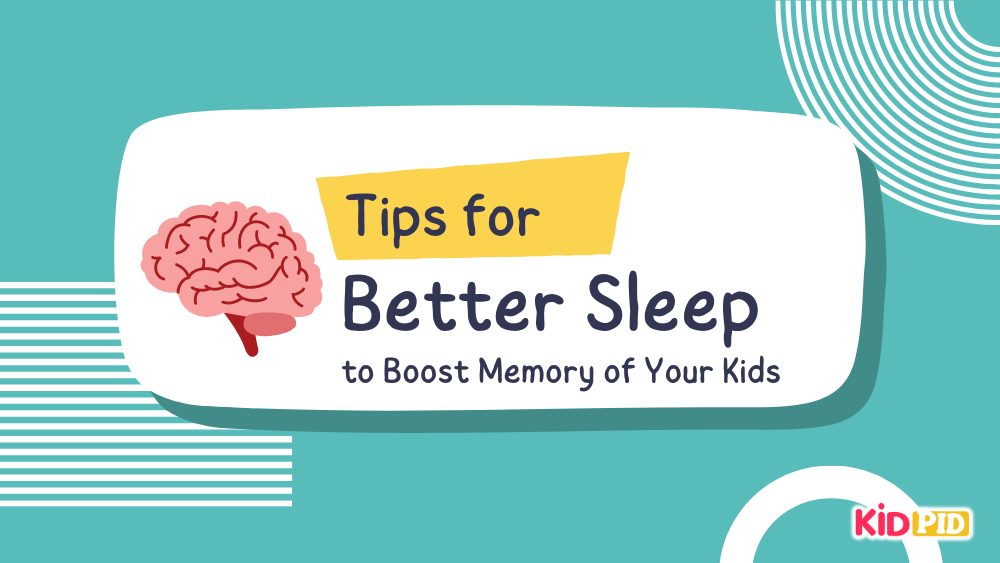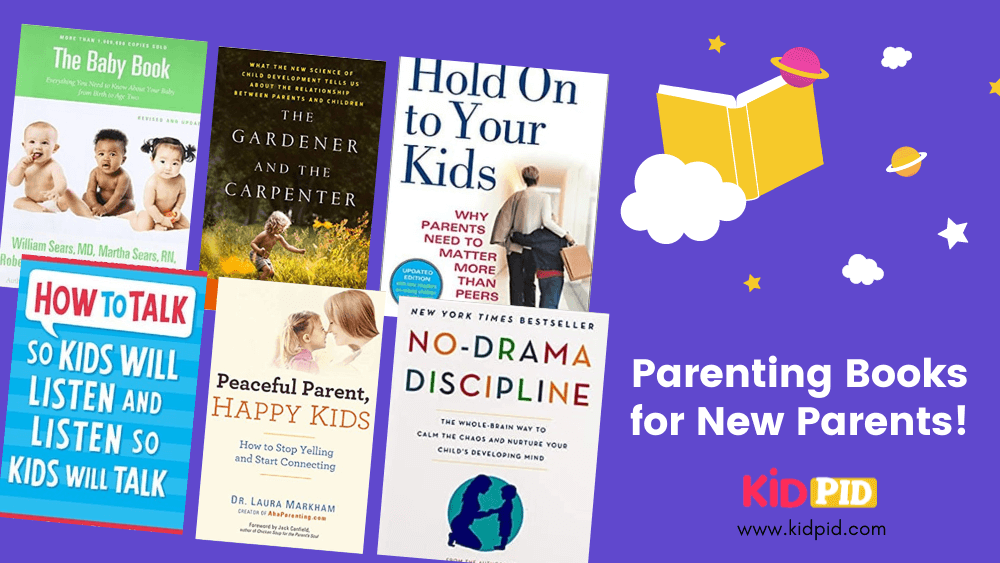Techniques to Get Better Sleep to Boost Memory of Your Kids

Sleeping on new information is the most effective approach to retaining it. This is because sleep helps to solidify the memories you’ve acquired throughout the day. Connecting recent memories to earlier ones is also beneficial.
A child’s brain changes and grows rapidly up until the age of four. Therefore, parents must ensure they have all they require during this developmental stage, even though most parents cited their child’s diet or the frequency of reading aloud to them as important contributors to brain stimulation and development. Although such instances may be true, the simple suggestion to buy a nice mattress and get enough sleep is frequently disregarded but crucial for a child’s brain growth.
Contents
Ways to Get Better Sleep to Boost Memory of Your Kids
Plan ahead
The standard literature emphasizes the advantages of sleep for kids, but parents can also benefit greatly from establishing a nighttime routine. Following a nighttime ritual is “a practical and cost-effective way to promote positive early childhood growth worldwide,” according to a 2017 study. This emphasizes parents’ excellent chance to spend time with their kids frequently and foster a closer bond. Draft a sleep routine. It might be as easy as singing and turning on the white noise machine if you have a baby. Involve your toddler or older child in creating the plan if you have one. Let them choose the number of books they will read together and the time for cuddling. As soon as everyone knows what will happen, state the actions in order: “Put on pajamas, clean teeth, read books, cuddle, lights out.” Use a chart with illustrations for children who cannot read. Before you start, go over the plan as a group. Children are more likely to absorb a plan when it is explained and practiced, and they are also less likely to make requests that are not included in the plan.
Your child’s likelihood of contracting an illness is reduced when they maintain appropriate hygiene practices, such as cleaning their teeth or showering before bed. Additionally, this regimen encourages children to adopt good self-care practices early on, which improves their quality of life as adults. Reading aloud to your kids and singing them lullabies can aid their language acquisition, literacy development, stress reduction, and cognitive growth. Please be aware that letting your kid listen to classical music as they sleep won’t make them smarter. Giving your children massages and cuddles encourages parent-child bonding, promotes health, mood, and emotional-behavioral stability, and makes it easier for them to fall asleep.
Spending time together
Some children get anxious before going to sleep because they want their caregivers to pay them more attention. Evenings are when youngsters get their parents’ attention while working full-time during the day. On the other hand, when a caretaker is at home all the time, children rely on it for comfort. In either case, make a ritual of taking a few minutes to ask youngsters about their day—focusing on the good—or share observations about them. Then, spend five to ten minutes cuddling with a baby while maintaining eye contact, singing, or using calming language.
Control their tension
However, if you are one of the parents who finds it difficult to put their children to sleep despite making every effort, there might be an outside stressor impacting your child. Some indicators of stress in children include difficulty getting to sleep or staying asleep, frequent reports of nightmares, persistent requests to sleep on the same bed as you, or wetting the bed. How, then, can you help your kid sleep better? Fortunately, when family time increases, anxiety and associated sleep disorders disappear quickly. However, if the problems continue, it may be wise to consult a physician or therapist.
Maintain the routine
Children benefit from predictability and feel safer when sleep rules are followed. All children should ideally go to bed at night and wake up in the morning at the same hour every day, within 30 to 60 minutes of each other. Yes, that also applies on the weekends. This may discourage teenagers from sleeping on weekends because it can mess with their circadian rhythm and make getting up for school tougher. Younger children benefit from earlier bedtimes (before 9:00 p.m.) because they receive more sleep and wake up feeling more rested. Younger children require 10 to 12 hours of sleep every night, so if your children have an early morning routine for daycare or school, ensure their bedtime is soon enough to ensure a full night’s rest.
Maintain a positive attitude
Use a unique clock that changes color at the right sleep and waking times to teach small children who can’t discern time when it’s safe to get up. Reward children for waiting till the appointed time. You can use a sticker chart to reward seven consecutive nights with a special gift or fun each time, such as 10 minutes of morning board game play. But keep it upbeat. Don’t punish your children for getting up. It may be difficult as a parent to continually walk kids back to bed, but you don’t want to build bad associations with being in bed.
Practice makes perfect
It’s also critical to maintaining proper “sleep hygiene.” Rest in your bed and bedroom. Toys and distractions should be cleaned up before bed or stored in another section of the house if possible. It is simpler to fall asleep in the bed and bedroom if you have a strong sleep association with them. The more you practice relaxing and falling asleep in a specific location, the easier it will become.
Cut off power
Because the light from electronic screens stimulates the brain, they should be used only after night. In addition to making kids feel wired when they should be sleeping, this can prevent the creation of the sleep-inducing hormones melatonin and serotonin. Kids should ideally put their devices away an hour or two before bedtime. Other benefits of limiting screen time exist as well. Children who are not using screens will be more active, using up more of their natural physical energy, making it simpler to fall asleep at night. The day’s events have an impact on the night.
Even this will pass
Despite your best efforts, keep going if your child still has little insomnia. Pull back and think about what might be happening. When a child reaches a new developmental milestone, they occasionally regress. They occasionally have trouble processing a major event. Embrace your gut feeling.
- Parents have to train their children to sleep until they are four years old.
- This entails returning them to bed when they wake up unexpectedly and assisting them in reducing their anxiety in the wake of disturbing nightmares.
- Keep going if you still need to utilize bribes at this age. Eventually, you’ll all get beyond this period because it is only a phase.






Responses